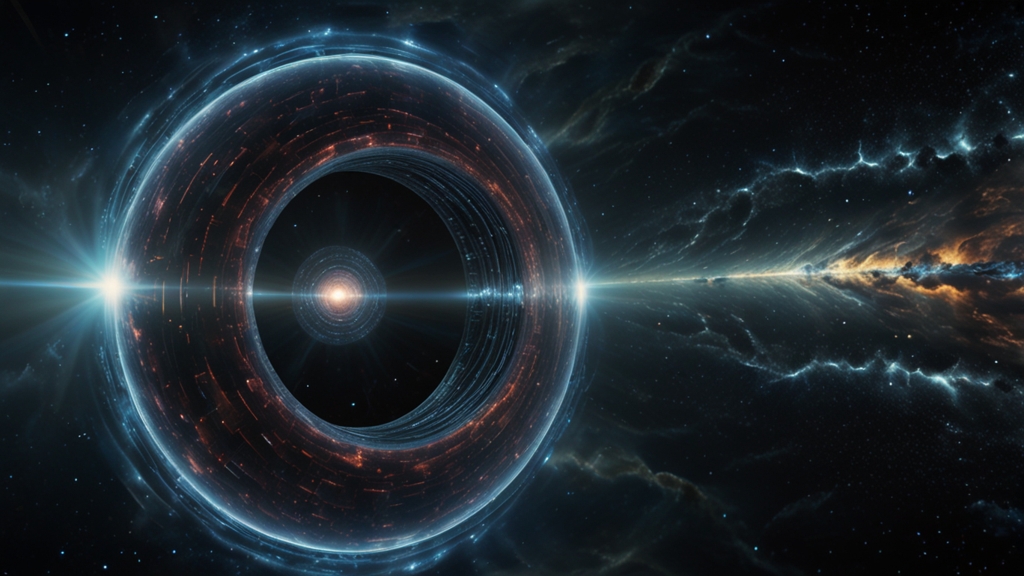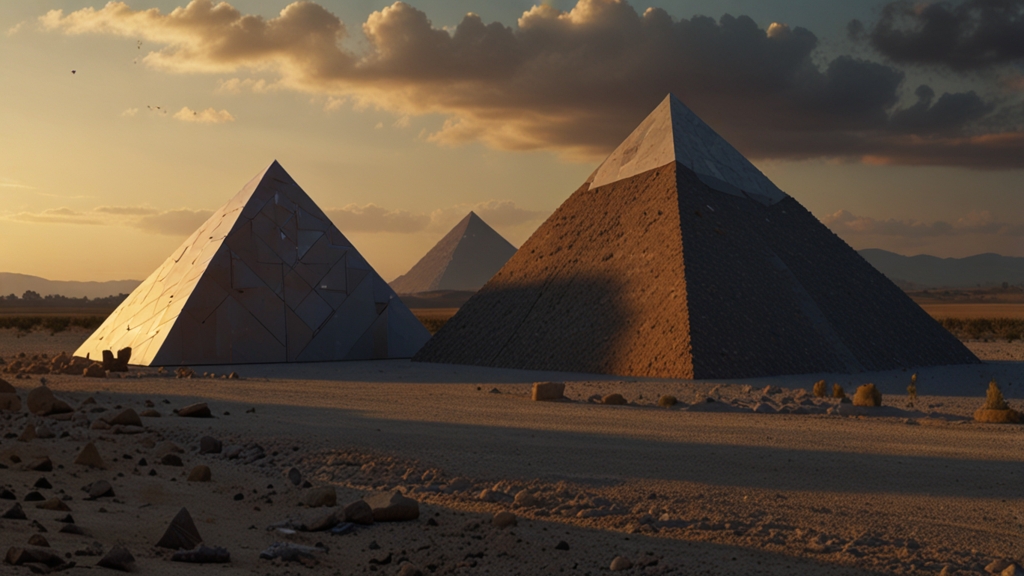Introduction
Creation narratives are among the oldest forms of storytelling, serving as foundational tales in various cultures around the world. These stories explain the origins of the universe, the earth, and humanity itself. Yet, beneath the surface of these grand tales lie deeper, often hidden messages. By decoding these messages, we can gain valuable insights into the values, fears, and aspirations of ancient societies. This article delves into the hidden messages embedded within prominent creation narratives from different cultures.
The Genesis Creation Story
The biblical account of creation found in the Book of Genesis is perhaps one of the most well-known creation stories in the world. In this narrative, God creates the heavens and the earth over six days and rests on the seventh.
“In the beginning, God created the heavens and the earth.” - Genesis 1:1
One of the key hidden messages in this narrative is the establishment of a structured, orderly universe. By outlining a sequence of creation, from light and darkness to the formation of human beings, the Genesis story emphasizes the importance of order and hierarchy. This not only reflects the Israelites' worldview but also enshrines a moral order where everything and everyone has their place.
The Enuma Elish
The Enuma Elish is an ancient Mesopotamian creation myth that tells the story of the god Marduk's rise to supremacy and the creation of the world from the body of the chaos monster Tiamat.
“He split her like a shellfish into two parts: Half of her he set up and sealed as sky, pulled down the bar and posted guards.” - Enuma Elish, Tablet IV
This narrative hides messages about the nature of power and the legitimacy of rule. By establishing Marduk as the conqueror of chaos, the myth legitimizes the later political authority of Babylon, Marduk’s city. This myth underscores the idea that order can only arise out of chaos through the assertion of divine power, a notion that resonated deeply with the ancient Mesopotamians.
The Hindu Cosmology
Hindu creation narratives are rich and varied, but one prominent tale involves the god Vishnu who dreams the universe into existence while asleep on the serpent Ananta.
“In the beginning, all this was but the unmanifest Brahman. That Brahman being manifested, it developed itself; from It, therefore, issued out the cosmos and it became manifested.” - The Upanishads
The underlying message in this narrative is the cyclical nature of the universe. Unlike the linear progression found in Genesis or the Enuma Elish, Hindu cosmology emphasizes eternal cycles of creation, preservation, and destruction. This cyclical view can be seen as a reflection of the natural rhythms of life and death, aligning closely with the concepts of reincarnation and karma that are central to Hindu philosophy.
The Chinese Pangu Myth
The Chinese creation myth featuring Pangu describes a giant who creates the world by separating the yin and yang and carving out the land with his axe.
This narrative conveys the importance of balance and duality in Chinese culture. The universe's creation from the interplay of yin and yang embodies a worldview that values harmony and balance in every aspect of life, from governance to personal health. The story of Pangu also reinforces the idea that human effort and labor are central to the maintenance of order and structure in the world.
Conclusion
Creation narratives are more than simple stories; they are complex texts brimming with hidden messages about human existence, social order, and cosmic principles. By examining the Genesis story, the Enuma Elish, Hindu cosmology, and the Chinese Pangu myth, we uncover deep-rooted beliefs and values that ancient cultures sought to communicate. These narratives not only entertained but also served as essential guides for understanding the world and humanity's place within it.
In today's increasingly interconnected world, these ancient tales and their underlying messages continue to offer valuable insights, reminding us that while cultures and epochs may differ, the quest to understand our origins and purpose remains a universal endeavor.









